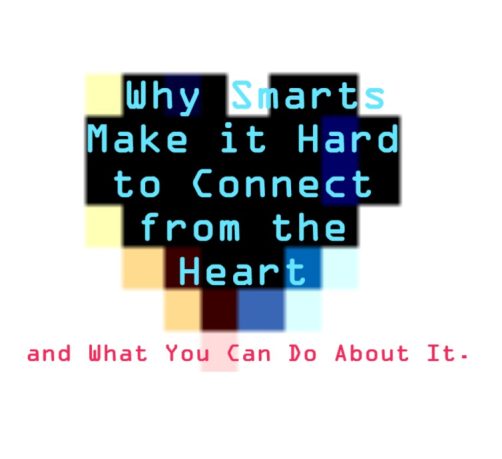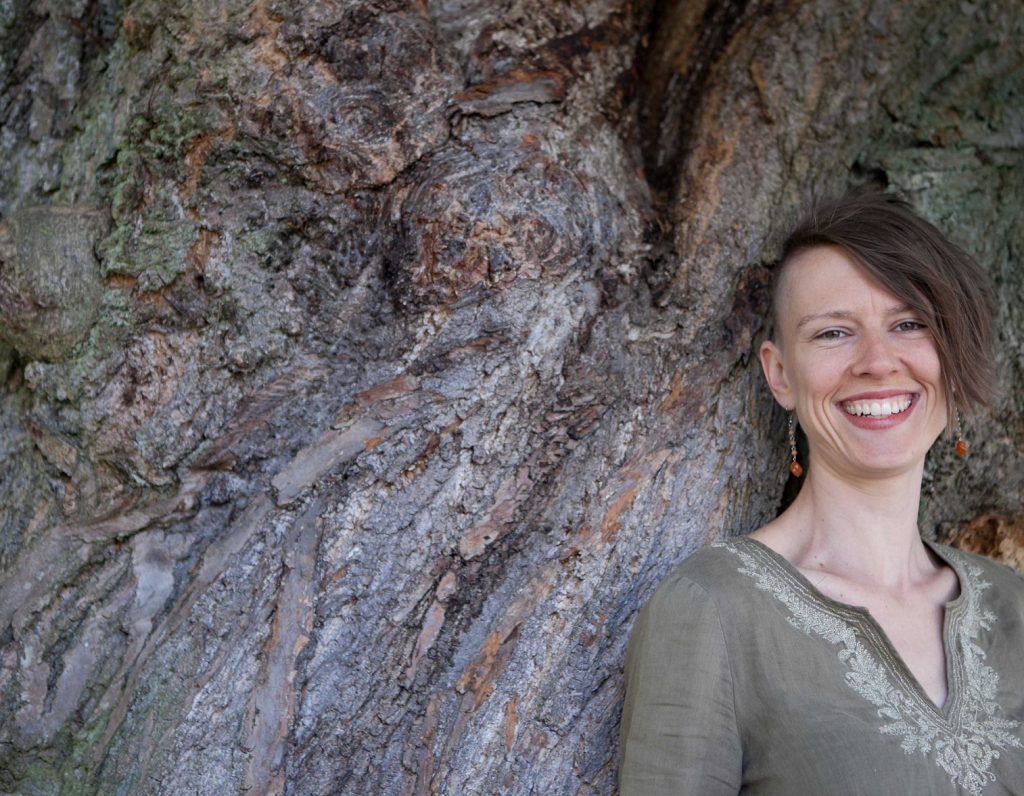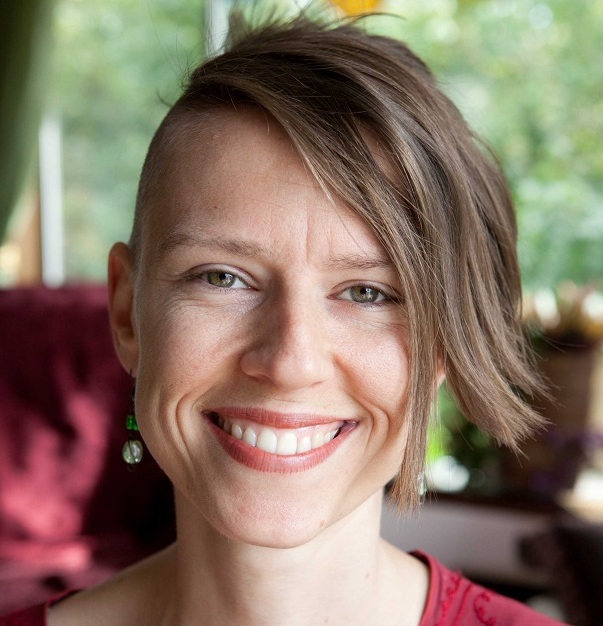For men of science who want better chemistry.
You love the people in your life.
You want them to be happy.
Even if you
- troubleshoot complex problems professionally,
- studied systems thinking,
- and meditate regularly…
It’s easy to get lost in the blur.
Scared you’ll say the wrong thing.
So you’re alone.
They can’t really understand;
have no clue what it’s like for you.
Which can be extra frustrating if you’re usually a quick study.
But ‘different’ doesn’t mean ‘wrong’!

If half (or more) of these apply...
You avoid
party banter.
You prefer to do
your own research.
You figure things out
on your own.
You think
about ethics.
You don't
"wear rose-colored glasses."
Your interests aren't
at all mainstream.
i've got good news for you.
You can learn to sense your heart
without losing your mind.
You don’t have to choose
between love
and critical thinking.
Are you reading this with someone else in mind?
(You know he wouldn’t want it any other way.)
I'M Briana Jacoba.
I’ve been hurt by people telling me how to act, think, or feel, so I’m skeptical of advice, guided visualization, and passive “healings”.
I also have real trouble with the principle of explaining myself to someone who relies on book-knowledge, religion, or some other status-infused differential for how they respond.
Perhaps that’s because — no matter how expensive or well-intended, no matter how new or ancient — ill-fitting advice simply doesn’t work.
If well-intended advice has added insult to injury for you, too,
I know it can be frustrating in the extreme.
I’ve been trained through extensive and deep experience followed by many years of integrative practice, in a uniquely empowering, ADVICE-FREE way to recalibrate myself to Myself, and help others recalibrate themselves, too… to Themselves.
I’ve helped hundreds of my fellow skeptics to find more ease in getting along with others while staying true to science, to facts, and to ourselves… all of which the world needs more of!
Explore, subscribe, or both?
You're one button away
from receiving my 5-page article
"Why Smarts Make It Hard to Connect from the Heart
...and What You Can Do About It"
from receiving my 5-page article

-- and What You Can Do About It.

Pastimes: meaningful moments with my spouse,
singing/dancing/talking with friends,
laughing out loud at Discworld novels.

